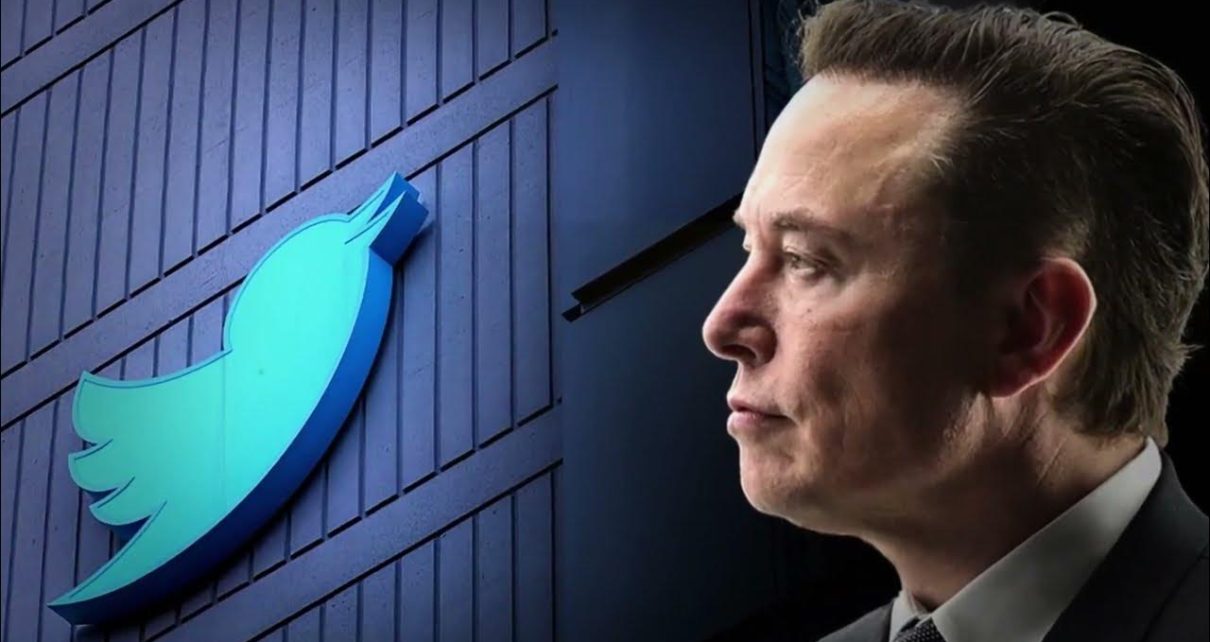Introduction to the Twitter case involving Elon Musk
Elon Musk has never been one to shy away from controversy, and his recent legal troubles involving Twitter are no exception. The billionaire entrepreneur found himself summoned to testify in a case that has captivated the business world and social media alike. But what exactly led to this dramatic turn of events? As we delve into the intricacies of the situation, we uncover how a seemingly innocuous tweet ignited a firestorm, pulling Tesla’s stocks into the spotlight. With regulatory bodies like the Securities and Exchange Commission (SEC) involved, it’s clear that Musk’s actions have far-reaching implications—not just for him but for other business leaders navigating their own social media terrain. Buckle up as we explore this unfolding drama!
What is the Securities and Exchange Commission (SEC) and their role in this case?
The Securities and Exchange Commission, commonly known as the SEC, is a U.
S. government agency responsible for regulating the securities industry. Established in 1934, its primary mission is to protect investors and maintain fair markets.
In this case involving Elon Musk, the SEC plays a crucial role. They oversee compliance with federal securities laws and ensure that public companies provide accurate information to their shareholders.
When concerns arise regarding misleading statements or irregular behaviors in financial reporting, the SEC steps in. Their investigations can lead to charges against individuals or companies if they find evidence of wrongdoing.
For Musk, his tweets about Tesla have brought him under scrutiny from this watchdog agency. The SEC’s involvement emphasizes their commitment to transparency and accountability within financial markets—elements vital for investor trust and market stability.
The tweet that sparked controversy – what did Elon Musk say?
In a now-famous tweet, Elon Musk claimed he had secured funding to take Tesla private at $420 per share. This statement was more than just casual chatter; it sent shockwaves through the financial world.
The bold assertion triggered an immediate surge in Tesla’s stock price, reflecting investor excitement and uncertainty. Many rushed to buy shares, believing they would soon benefit from the transition to a private company.
However, this tweet also raised eyebrows among regulators. The Securities and Exchange Commission saw it as potential market manipulation. They questioned whether Musk’s claim was backed by solid financial backing or simply wishful thinking.
Critics argued that such statements should come with caution due to their power over investors’ decisions. The ramifications of that single tweet were far-reaching, impacting not only Tesla but also how social media can influence stocks in real time.
The impact of the tweet on Tesla’s stocks
The tweet sent shockwaves through the financial world. Investors quickly reacted, causing Tesla’s stock to soar and then plummet in a matter of hours.
When Elon Musk tweeted about taking Tesla private at $420 per share, excitement grew among shareholders. The prospect of such a lucrative buyout sparked frenzy trading. Many rushed to invest, hoping for quick gains.
However, the reality set in shortly after. Concerns over funding and regulatory scrutiny led to uncertainty. Traders began selling off their shares as doubts crept into conversations across social media platforms.
This volatility highlighted how one single tweet could manipulate market behavior dramatically. It wasn’t just about numbers; it was also about trust and transparency in the corporate sphere.
Tesla’s stock fluctuated wildly during this period, showcasing just how powerful digital communication can be when intertwined with financial markets.
SEC’s allegations against Elon Musk and his defense
The SEC accused Elon Musk of securities fraud following his infamous tweet about taking Tesla private. They claimed that his statement was misleading and not based on any formal agreement. This, they argued, caused significant volatility in the stock market.
Musk’s defense centered around his belief that the tweet reflected genuine intentions. He maintained that he had secured funding to facilitate such a move. His legal team emphasized Musk’s commitment to transparency with investors and argued that the message intended no deceit.
Elon also pointed out how other high-profile figures use social media without facing similar scrutiny. His case raises questions about the boundaries between personal expression and professional responsibility in today’s digital age.
Settlement agreement and its terms
The settlement agreement between Elon Musk and the SEC was a significant moment in this ongoing saga. The terms were quite specific, aimed at addressing the concerns raised by Musk’s earlier tweets.
Musk agreed to step down as Tesla’s chairman for three years. This decision was designed to ensure that there would be no further distractions from his leadership role.
Additionally, he consented to have some of his communications pre-approved by Tesla’s legal team. This measure is intended to add an extra layer of oversight regarding any public statements he might make.
The financial repercussions weren’t light either. Musk and Tesla collectively paid $40 million in penalties, which highlights the seriousness with which regulators view social media influences on stock prices.
This agreement not only altered how Musk operates within his companies but also set a precedent for future interactions between executives and regulatory bodies.
Lessons learned from this case for business leaders and social media usage
The Twitter case involving Elon Musk offers important insights for business leaders navigating the complex landscape of social media.
It highlights the need for caution in public statements. Words can have far-reaching consequences and may significantly impact stock prices.
Leaders must also understand their responsibilities when using platforms like Twitter. Engaging with followers is vital, but maintaining professionalism is crucial.
Transparency is another takeaway. Clear communication helps build trust with investors and stakeholders, minimizing misunderstandings that can lead to legal complications.
This case underscores the importance of having a robust social media policy in place. Guidelines should outline how executives communicate online to avoid potential pitfalls while still promoting their brand effectively.
These lessons are essential as businesses increasingly rely on social media for engagement and growth.
Conclusion
The Twitter case involving Elon Musk has garnered significant attention and raises important questions about the intersection of social media, corporate governance, and securities regulations. When Musk tweeted about potentially taking Tesla private at $420 a share, he ignited a firestorm of controversy that captured the interest of investors and regulators alike.
The Securities and Exchange Commission (SEC) plays a crucial role in enforcing federal securities laws. Their primary goal is to protect investors from fraud and ensure fair markets. In this instance, their scrutiny led to allegations against Musk for misleading statements that could have influenced stock prices.
Musk’s tweet was not just controversial; it had tangible effects on Tesla’s stock performance. Following his announcement, shares surged initially but faced volatility as more information emerged regarding the feasibility of such plans.
The SEC took action against Musk, alleging that his tweet constituted false or misleading statements. Musk defended himself by arguing that he believed he had secured funding for the buyout. His defense raised debates around intent and accountability in digital communications from influential figures.
A settlement agreement was eventually reached between Musk and the SEC. The terms included penalties such as fines and requirements for additional oversight over his tweets related to Tesla’s business matters moving forward.
This case serves as an eye-opener for business leaders navigating social media landscapes today. It highlights the importance of clear communication with stakeholders while understanding potential repercussions associated with public statements online.
As we analyze these developments surrounding Elon Musk’s tweets and their fallout, it becomes evident how critical social media can be in shaping perceptions—and realities—within corporate environments.



